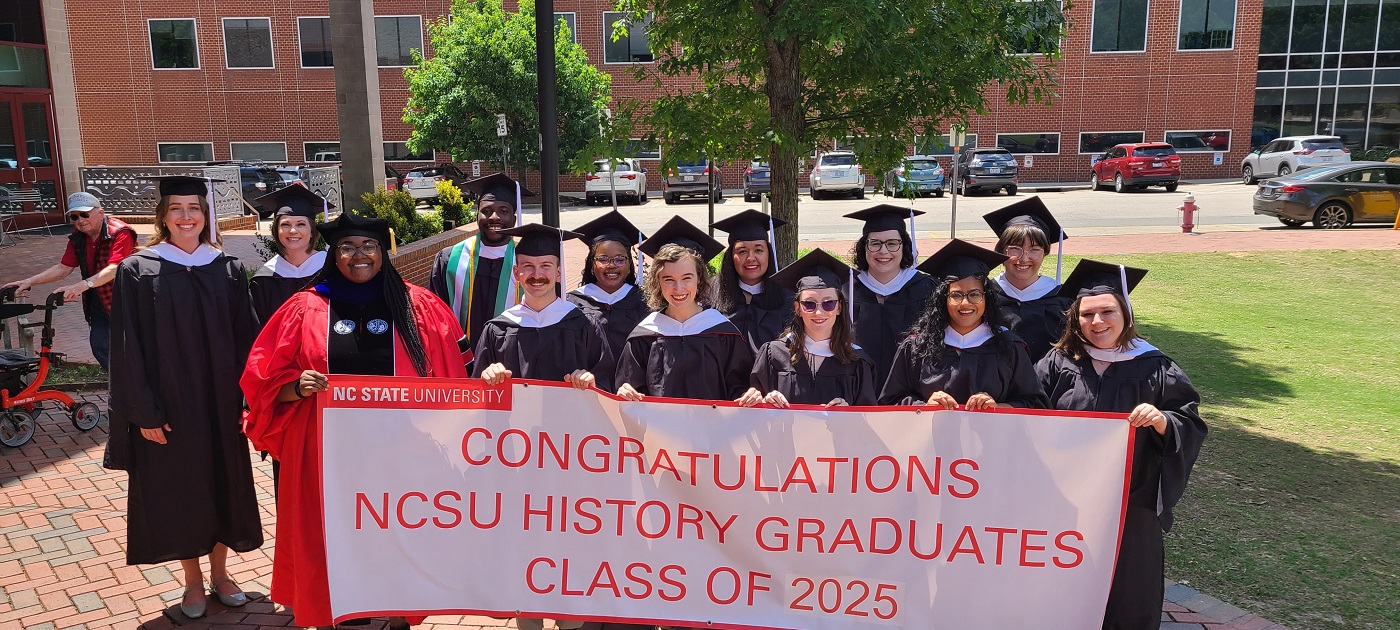Poor in Life, Naked in Battle: Athenian Thetes as Psiloi in the Classical Age
Tadlock, Stephen. “Poor in Life, Naked in Battle: Athenian Thetes as Psiloi in the Classical Age.” (Under the direction of Dr. S. Thomas Parker.)
Most military and ancient historians have assumed that in Classical Athens the poor of the city, the thetes, served as light-armed troops (psiloi) or rowed in the fleet. A closer look at the available evidence, however, suggests that too many practical and social barriers hindered thetes from organized psiloi service until the introduction of the ephebic program in the fourth century. Before then, Athens deliberately neglected the training of thetes as psiloi, leaving these men with no means to learn how to use their weapons. Additionally, the prevailing military ethos extolled hoplites and, to a lesser extent, cavalry as the true protectors of the city. Neglecting to equip their own poorer citizens as psiloi required the Athenians to look elsewhere for light infantry. These alternative sources included mercenaries and allies from outside the city and resident aliens and slaves from within. The thetes of the city, unable to serve as effective psiloi, often followed the army anyway in hope of plunder and from loyalty to the city. These men, often called psiloi by the ancient sources, usually had little effect on the outcome of the battle and instead were used more effectively to plunder enemy land and forage for the army. Thetes were also instrumental in rowing the ships on which Athens’ naval superiority depended and thus gained many advantages. Thetes were finally trained in the use of psiloi weaponry during the fourth century, but usually served as hoplites instead, while mercenaries continued to fill the need for lightinfantry.
- Categories:


